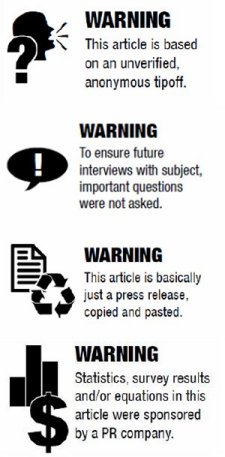Rob Long writes about Ron Paul and his constitutional fixation:
It was always fun to see Paul’s dyspeptic, curdled expression during the 16,000 Republican debates this autumn. (There were 16,000 of them, weren’t there?) It was bracing to see him shrug off appeals to weasel-word his responses — just shutter the Fed! dump NATO! — and it was especially interesting to watch the other candidates, who, philosophically, aren’t supposed to be all that different from Paul, ballet-step around him, like he was one of those loud talkers at the neighborhood bar who make a lot of sense, mostly, but then every now and then say something — Lincoln was a tyrant! — that makes everyone think, “Oh, I get it. You’re just . . . insane.”
Ron Paul isn’t insane, of course. His views on sound money and central banking, and even his narrow interpretation of the national-defense interests, are principled — and not novel — conservative positions. You and I may not agree with them — I do, mostly, up to the part about allowing Iran to bomb Israel — but on the crackpot scale of 1 to Lyndon LaRouche, they’re barely a 3. And if we’re all really honest about it, the sainted Abraham Lincoln did, in fact, violate the Constitution on several occasions. And over a few beers, say, among friends, these are interesting and diverting topics of conversation.
But like all of those kinds of conversations, they always end up the same way. The conversation winds along interesting abstractions and what-ifs, and then someone — usually the old guy at the end of the bar — says something truly out-there — “There’s no constitutional reason, for instance, why the children of illegal immigrants cannot be eaten” — and then the conversation devolves into weird irrational tributaries, and everyone moves on to something else, but you always have the feeling that one guy — usually the old guy at the end of the bar — really meant it.




